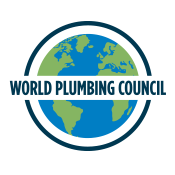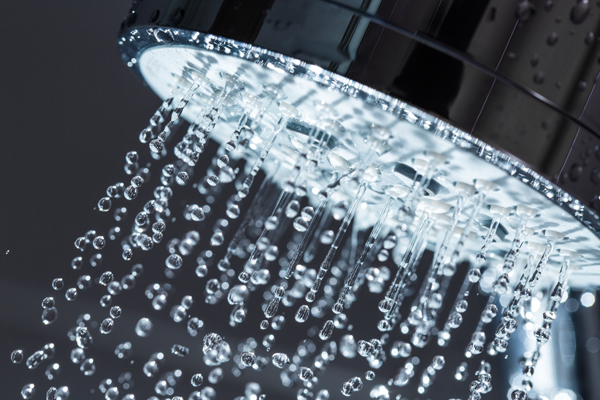The U.S. Department of Energy (DOE) has announced two different rulemakings to change the definitions of showerheads and create a new unregulated class of Clothes Washers, following up on President Trump’s repeated pledges to tamper with water efficiency and revert back to decades-old high flow standards. AWE has prepared two comment letters and we are asking for organizations to join us.
Showerheads
DOE proposes to define a showerhead as follows: “Showerhead means any showerhead (including a handheld showerhead) other than a safety shower showerhead.” DOE then proposes to include in its regulations its interpretation of the term “showerhead” to mean “An accessory to a supply fitting for spraying water onto a bather, typically from an overhead position.”
Under DOE’s proposed definition, each showerhead included in a product with multiple showerheads would separately be required to meet the 2.5 gpm standard established in federal law, rather than the total flow being 2.5 gpm. DOE also proposes to eliminate the terms “body spray” and “safety shower showerhead” from the showerhead definition. As a result, multiple showerheads would be routinely allowed in shower stalls, and body sprays and safety showerheads will have no legal flow requirements whatsoever.
“This is a dramatic step backward in water efficiency,” said AWE President and CEO Mary Ann Dickinson. “It is unconscionable for the Federal government to be adopting regulations that date back to the 1980s, when we are now facing water resource scarcity in 40 of the 50 states.”
What is not clear is whether the proposed regulation change on showerheads will affect states that have adopted their own stricter standards over the years. AWE is researching this issue with legal experts.
AWE has drafted an opposition letter and we are asking organizations to sign on. Numerous groups have already come out in opposition to this showerhead proposal, such as ACEEE. Here is a statement from Consumer Reports:
“There is absolutely no need to change current showerhead standards,” David Friedman, vice president of advocacy at Consumer Reports and a former DOE official during the Obama administration, said in a statement. “Thanks to the standards, consumers have access to showerheads that not only score well on [Consumer Reports] tests and achieve high levels of customer satisfaction, but also save consumers money by reducing energy and water consumption,” Friedman added.
Click here to view the full proposal for showerheads.
The DOE has extended the deadline to submit written comments until September 30. Click here to submit comments.
Click here to view AWE’s draft comment letter about showerhead definitions. Email Liam at AWE to sign your organization’s name to the letter.
Clothes Washers
DOE proposes to establish separate product classes for top-loading residential clothes washers and consumer clothes dryers that offer cycle times for a normal cycle of less than 30 minutes, and for front-loading residential clothes washers that offer cycle times for a normal cycle of less than 45 minutes. DOE would consider appropriate energy and water efficiency standards for such product classes, if adopted, in separate rulemakings. This means that the new product classes, once adopted, will have no energy and water efficiency standards to govern them. AWE has drafted a letter on this regulation as well.
DOE will be holding a webinar about this on September 30 from 12-4 p.m. Click here to register for the webinar.
Click here to view the full proposal for clothes washers. Click here to file your own comments on this proceeding. The deadline to submit comments is October 13, 2020.
Click here to view AWE’s draft comment letter regarding clothes washers. Email Liam at AWE to sign your organization’s name to the letter.
Additional Information
Click here to read more about this issue from the American Council for an Energy Efficiency Economy (ACEEE).
Click here to learn more in an article from The Hill.
Source: Alliance for Water Efficiency

